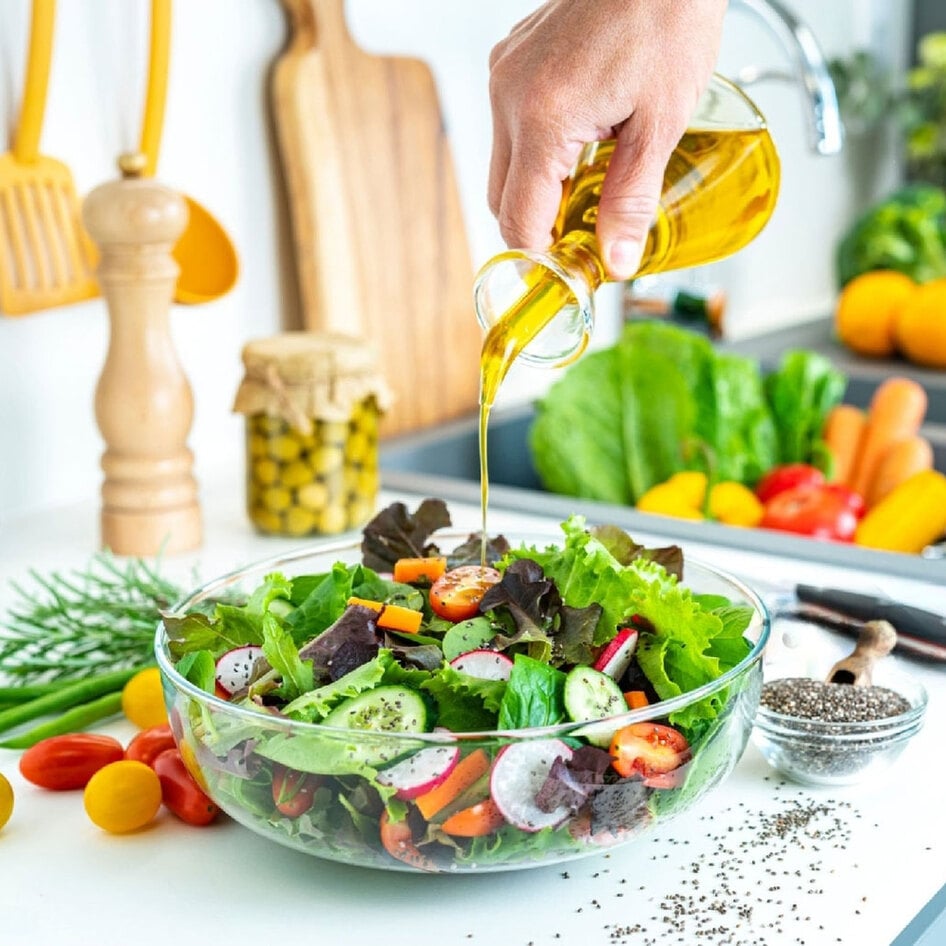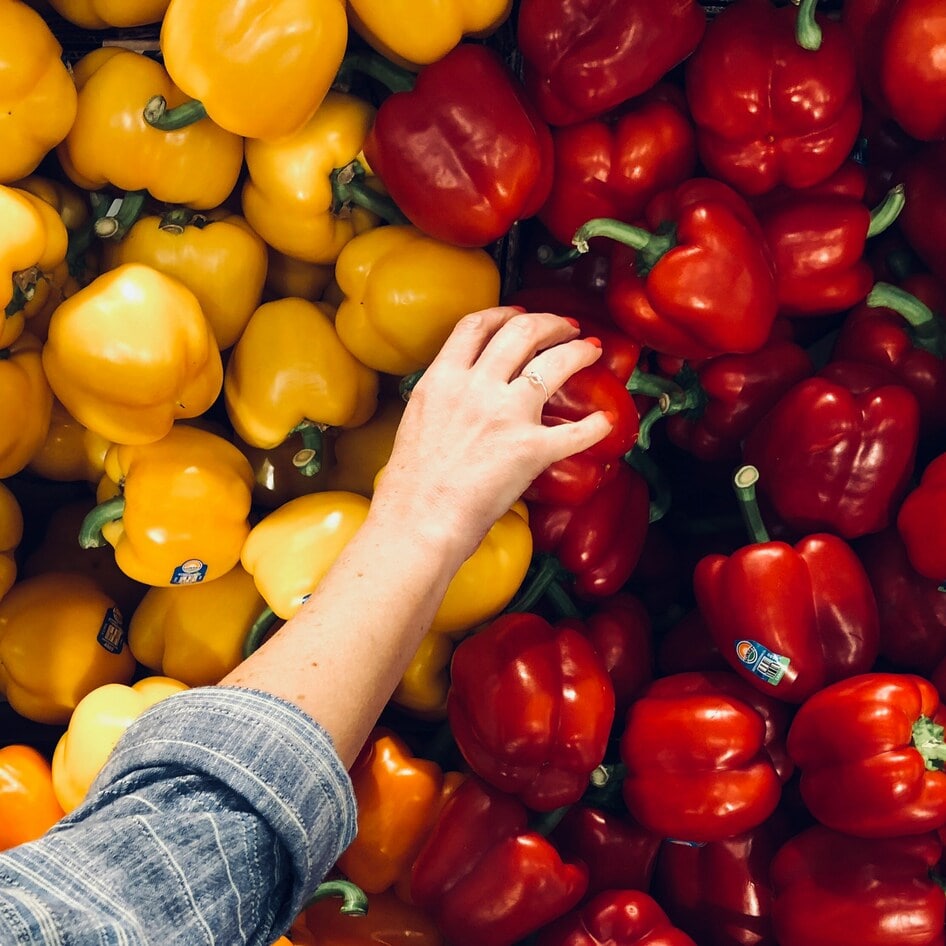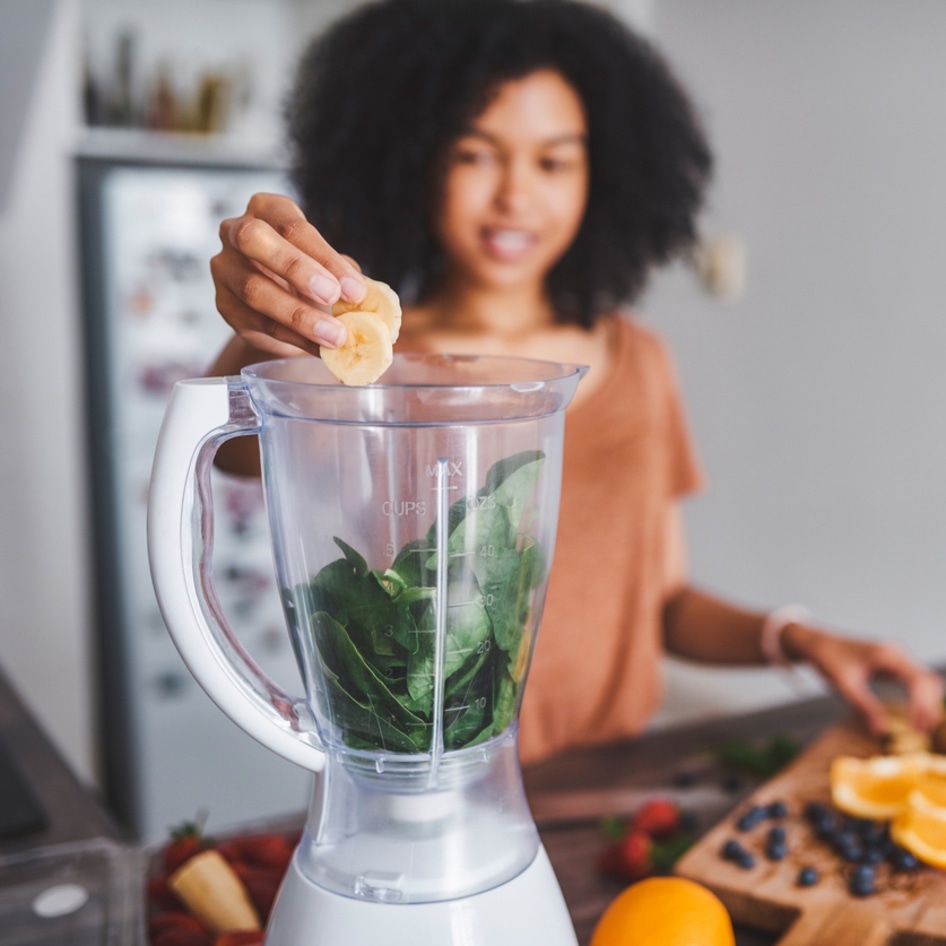Four Tips for Grocery Shopping on a Budget
Grab some reusable shopping bags and find the best deals on groceries during your next shopping trip.
May 24, 2016
It’s great to have more variety at the grocery store, but there is such a thing as too much choice. All-natural, organic, sustainable—the list of different food labels goes on and on, each promising better benefits than the last at a steeper and steeper price. So is it always worth it? Here is what you should keep in mind to get the most bang for your buck when you go food shopping.
Is Organic Worth It?
Organic consumers are increasingly mainstream, and they are willing to pay top dollar for reasons ranging from their health and the environment to animal welfare. Organic produce is grown without hormones or pesticides, according to United States Department of Agriculture regulations, all in the name of environmental protection. If you want to support sustainable farming that maintains biological diversity and protects farm workers from being exposed to harsh chemicals, then all organic produce is created equal. However, if you buy organic produce to avoid pesticide residue, there are certain items that may not be worth the extra cash. The worst offenders include peaches, apples, bell peppers, and celery, which have the highest levels of pesticide residue. But avocados, asparagus, onions, and pineapple generally have very little pesticide residue even when conventionally grown, so you can pass on the organic versions without worrying about your exposure to chemicals.
Beware of Promises on Packaging
When it comes to packaged food, labels can be tricky, and unfortunately not all terms are regulated. If a product proudly displays that it is “100-percent organic,” you can rest assured that this is the truth. The USDA requires that all products carrying that label contain only organic ingredients. If something just says “organic,” then at least 95-percent of the ingredients are organic. “Made with organic ingredients” means that at least 70 percent of the ingredients are organic, and anything less than this number cannot have the world organic anywhere on the package. However, terms such as “free range” and “sustainably harvested” are unregulated, so they are basically meaningless and not worth the extra money without a little more research.
Save Money by Buying in Season
Buying local and seasonal produce is another way to save money and stay eco-friendly. Fall is a great time to buy apples, broccoli, carrots, kale, pumpkins, and sweet potatoes, so stock up and make some pie. The best way to buy local is to check out your nearest farmers’ market. Arrive early to get first pick, buy in bulk to get a discount, and don’t forget to chat up the person behind the counter to get the inside scoop on your fruits and veggies.
The Ultimate Money Saver
Another option is to take part in a national trend that is steadily growing more popular, due in large part to Michelle Obama’s example: Start your own vegetable garden! While it takes a little (ok, a lot) more work than shopping, you can’t get more local or pesticide-free than your own back yard.
JUMP TO ... Latest News | Recipes | Guides | Health | Subscribe







